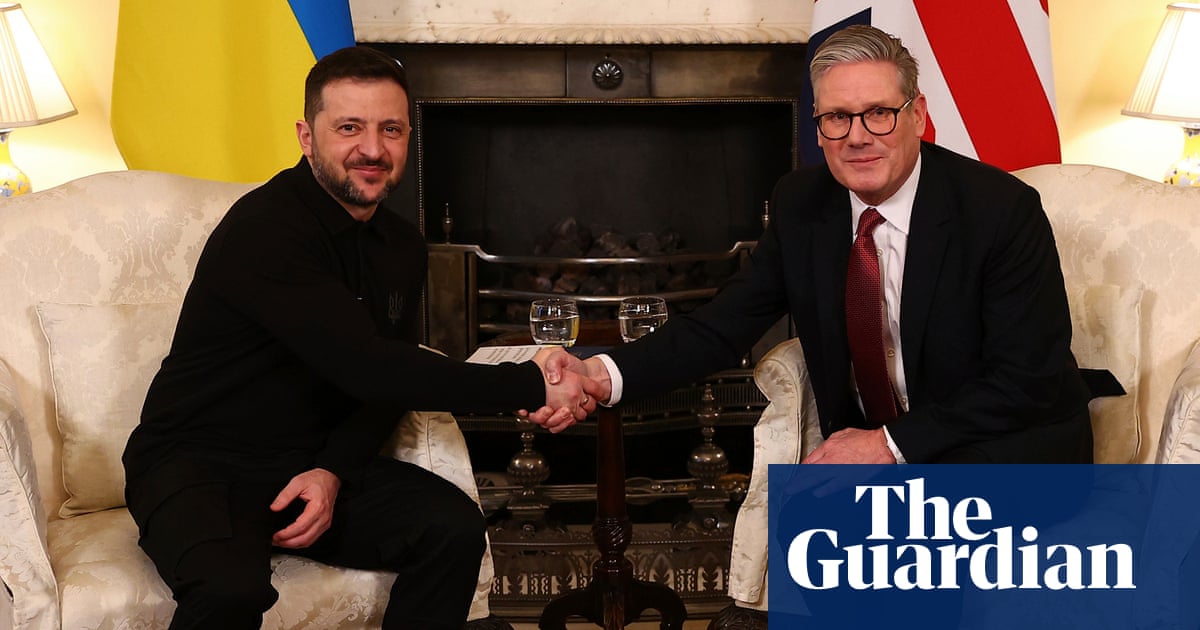Starmer Hosts European Leaders Amidst Tensions Following Trump-Zelenskyy Exchange
Keir Starmer hosts European leaders at a vital summit while fallout from a controversial Trump-Zelenskyy meeting raises challenges for Ukraine's future.
Subscribe to unlock this story
We really don't like cutting you off, but you've reached your monthly limit. At just $5/month, subscriptions are how we keep this project going. Start your free 7-day trial today!
Get StartedHave an account? Sign in
Overview
British Prime Minister Keir Starmer hosts a critical European summit following a tense exchange between U.S. President Trump and Ukrainian President Zelenskyy that has put Ukrainian support in jeopardy. Starmer emphasizes the need for European unity and increased military spending, pledging to boost UK spending to 2.5% of GDP by 2027. With leaders from across Europe present, the summit aims to address Ukraine's immediate needs and security guarantees while navigating the fallout from the recent diplomatic turmoil. As support for Ukraine becomes uncertain, European leaders are tasked with reinforcing their commitment to the war-torn nation.
Report issue

Read both sides in 5 minutes each day
Analysis
- Keir Starmer is urging European leaders to increase defense spending in response to the ongoing war in Ukraine, emphasizing the need for unity among trans-Atlantic allies.
- Starmer is leveraging his relationship with the White House to prevent a rift in support for Ukraine following escalating tensions during Zelenskyy's recent visit to the US.
- The upcoming defense summit aims to forge a solid peace plan for Ukraine while addressing the challenges that have emerged from the increasing aggression of Russia.
Articles (7)
Center (2)
FAQ
The summit aims to drive forward European action on Ukraine, ensuring collective support for a just and lasting peace, and addressing Ukraine's immediate needs and security guarantees.
European leaders are rallying around Zelenskyy, emphasizing their commitment to Ukraine and calling for increased military spending to support Ukraine's defense. They are also discussing ways to bolster European security amid uncertainty over U.S. support.
The UK plans to boost its military spending to 2.5% of GDP by 2027, as part of a broader European effort to increase defense capabilities.
History
- 8M

 3 articles
3 articles





